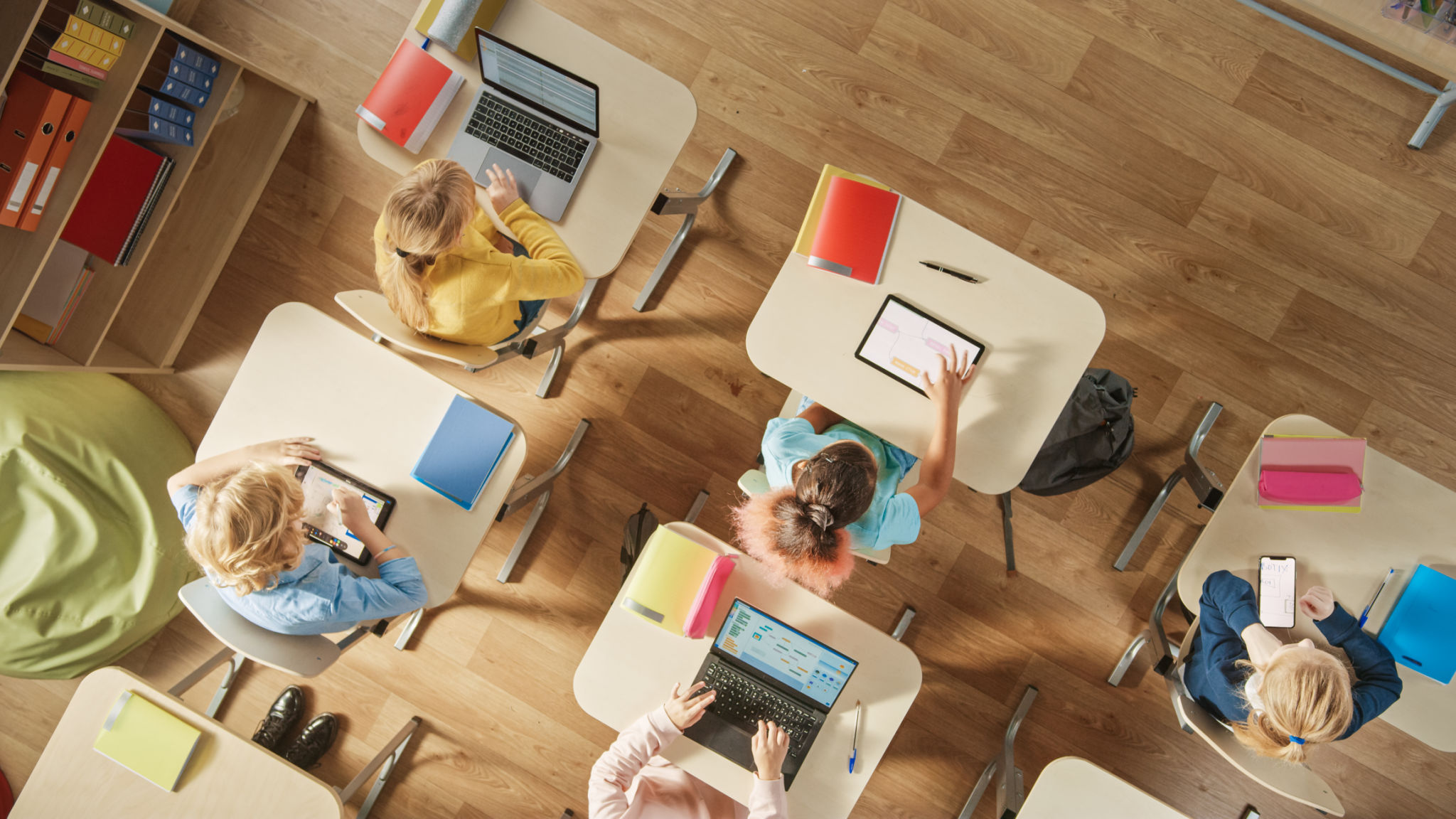Expert Insights: Latest Trends in Malaysian Education
Embracing Digital Learning
In recent years, the Malaysian education landscape has witnessed a significant shift towards digital learning. With the advent of technology and its integration into the classroom, students are now exposed to a more interactive and engaging learning experience. Online platforms and educational apps have become mainstream, offering a plethora of resources that cater to different learning styles.

Schools and universities are increasingly investing in digital infrastructure to support this transition. The use of tablets, laptops, and smartboards in classrooms is becoming commonplace, providing students with access to a wealth of information at their fingertips. This technological advancement is not only enhancing traditional teaching methods but also preparing students for a tech-driven future.
Personalized Learning Approaches
Another trend gaining momentum in Malaysian education is personalized learning. Recognizing that each student has unique needs and abilities, educators are adopting more tailored approaches to teaching. This method focuses on customizing the learning experience to suit individual preferences, allowing students to learn at their own pace.
Personalized learning often involves the use of data analytics and adaptive learning technologies. These tools help educators identify areas where students may need additional support and provide targeted resources to address those needs. This approach not only improves academic performance but also fosters a more inclusive learning environment.

STEM Education on the Rise
The emphasis on STEM (Science, Technology, Engineering, and Mathematics) education continues to grow in Malaysia. As the country aims to produce a workforce capable of meeting the demands of the 21st-century economy, there is a strong push towards enhancing STEM-related programs in schools and universities.
Initiatives such as coding workshops, robotics competitions, and science fairs are becoming increasingly popular. These activities not only spark interest in STEM fields but also equip students with critical thinking and problem-solving skills essential for future careers. The government's support for STEM education through various policies and funding further underscores its importance in shaping Malaysia's educational landscape.
Focus on Holistic Development
While academic excellence remains a priority, there is a growing recognition of the importance of holistic development in Malaysian education. Schools are increasingly focusing on nurturing well-rounded individuals by incorporating extracurricular activities, arts, and sports into the curriculum.

This approach aims to develop students' emotional intelligence, creativity, and interpersonal skills. Programs that promote mental health awareness and emotional well-being are also being introduced, ensuring that students receive a comprehensive education that prepares them for life beyond academics.
Emphasis on Language Proficiency
Language proficiency is another key area of focus in Malaysian education. With English being an international lingua franca, schools are placing greater emphasis on strengthening students' English language skills. Bilingual education programs are being implemented, enabling students to gain proficiency in both Malay and English.
Additionally, there is a push towards learning other international languages such as Mandarin and French. This multilingual approach not only enhances communication skills but also broadens cultural understanding and global awareness among students.

Environmental Education Initiatives
In line with global efforts to address environmental issues, Malaysian schools are incorporating environmental education into their curricula. Students are being taught about sustainability, conservation, and climate change through hands-on activities and projects.
Schools are engaging students in initiatives such as tree planting, recycling programs, and eco-friendly campaigns. These activities aim to instill a sense of responsibility towards the environment and empower students to become advocates for sustainable practices.
In conclusion, the latest trends in Malaysian education reflect a dynamic shift towards more modern and inclusive approaches. With a focus on digital learning, personalized education, STEM, holistic development, language proficiency, and environmental awareness, Malaysia is paving the way for a more comprehensive educational experience that prepares students for the challenges of tomorrow.
